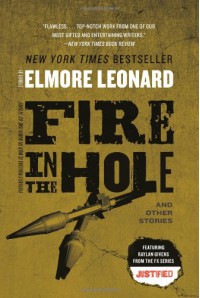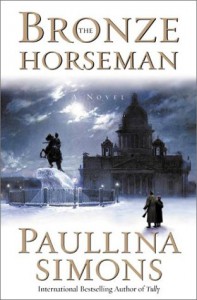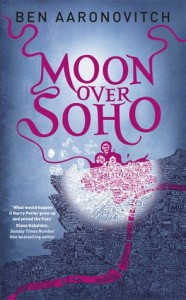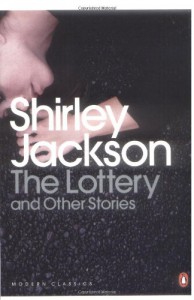
Review: Fire in the Hole

After finishing this short story collection, I now understand why Elmore Leonard is considered a classic in contemporary Western. He’s a skilled writer of viable dialogue that keep his stories moving forward even when there isn’t much happening.
Leonard’s style can be described simply as punchy because it can pack a punch and punctuate a seemingly simple story with lots of undertones. His writing might look like straight-forward pulp fiction, but there’s a sense of “literary literature” in his prose. He definitely knew how to turn a phrase half-way through a sentence to change the whole atmosphere of a story.
Most, if not all, of Leonard’s characters are morally corrupt and/or understandably self-serving, with the exception of the good US Marshal Raylan Givens in the titular story “Fire in the Hole.” The good Marshal is a light contrast to the criminal figures he deals with in that he has a conscience, but assumes the persona of someone who doesn’t. At first glance, it can seem unsettling to see him playing along with these criminal figures because you, the reader, can’t tell where his loyalties lie. As the story unfolds, however, Givens’ motives and intentions become a little clearer with encounter with another character. This is a running theme in Leonard’s writing. You don’t have an idea, upon first introduction, of what each character in the story represents until you read further.
There’s a subtle, simmering sense of something (unintended alliteration) not quite right in each of Leonard’s short story that’s sometimes a little on the violent side–violent in the sense of tense atmosphere, not bloodshed. The prose, dialogue, and characterization all have a tense undercurrent running through them which heighten the plots’ progression. The criminal figures and lawmen featured in Leonard’s stories are familiar and somewhat staples of the crime fiction genre. What separates Leonard’s characters from those of his peers’ is his handling of moving dialogue. His dialogue actually moves the plot forward, and a lot can be said, or assumed, in a passing conversation between an outlaw and a deputy. Leonard is Old West crime fiction in its most interesting contemporary form.
Western is not my preferred genre, and I don’t often read crime fiction unless it’s interjected into urban fantasy and/or sci-fi. With that said, I must say this collection of Leonard’s stories is a satisfying read.
Those who’ve seen the TV series “Justified,” based on the character of Raylan Givens, will find the story “Fire in the Hole,” which is also the name of the pilot episode, very familiar. The events in this story set off the series and reignite Givens’ clash with the opportunistic Crowder clan. The first season follows Leonard’s stories, and the rest of the series afterward, while staying true to Leonard’s creations, veer off into new story arcs by introducing new “victims” and “villains” for the good Marshal and friends to deal with. Givens in the show is younger and more charismatic than Givens in the story, who is rougher around the edges and isn’t as articulate. Overall, though, I think Justified’s showrunners have done Leonard’s stories justice by incorporating the unique, yet realistic setting and atmosphere that he created specifically for his stories into the show.
 3
3




 2
2


























